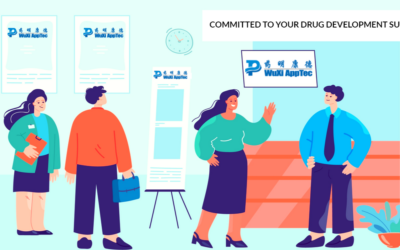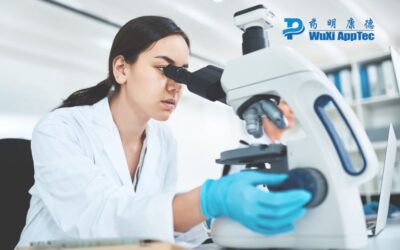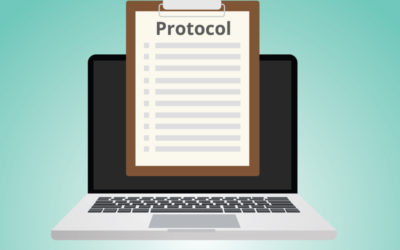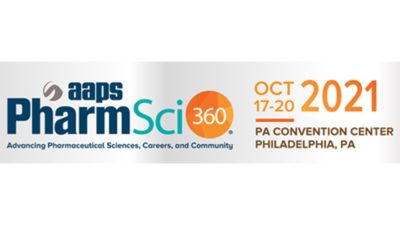To begin FIH trials, researchers have to demonstrate that the compound is reasonably safe for initial use in humans with toxicity data.
IND submission
Innovations in Drug Development: The Increased Utility of In Vitro Testing
In vitro assays have become an essential part of the drug development process. In vivo testing has always been limited by the translational gap between laboratory data and a drug’s eventual effect on humans. It’s not as commonly considered, but in vitro studies suffer from a similar chasm.
SOT’s 2024 Annual Meeting: Showcasing Scientific Advancement & Celebrating Milestones
In Salt Lake City’s bustling Salt Palace Convention Center, a significant event in the toxicology world is scheduled to begin on March 10.
Is Your Drug Ready for Preclinical Toxicological Testing?
Preclinical toxicological testing is a critical early milestone in drug development, acting as a gateway to clinical trials.
What Toxicity Data Is Needed Before First-In-Human (FIH) Trials?
To begin FIH trials, researchers have to demonstrate that the compound is reasonably safe for initial use in humans with toxicity data.
Navigating 505(b)(1), 505(b)(2) and 505(j) Drug Approval Pathways
Introducing new drug candidates to preclinical testing is a complex and time-consuming endeavor. It can cost developers more than $1 billion and take a decade to bring a new drug to market. Success rates vary depending on therapeutic area, but a recent study from MIT...
The Complex Process of Developing a Living Protocol
There are times in the laboratory when experienced scientists may question the direction in a protocol. Their experience, having worked on so many studies, may tempt them to consider conducting the testing a little differently than the directions provided to them. If...
How Bioanalytical Laboratory Automation Improves Timelines and Accuracy
It is challenging to find a fully automated bioanalytical laboratory, but doing so can help drug developers stay competitive in today’s market. A fully automated laboratory can perform controlled and error-free assays, dramatically improving the accuracy and...
Join WuXi AppTec at the 2021 American Association of Pharmaceutical Scientists PharmSci 360
WuXi AppTec is looking forward to this year's American Association of Pharmaceutical Scientists (AAPS) annual meeting—known as "PharmSci 360"—on Oct. 17-20. PharmSci 360 is being held at the Pennsylvania Convention Center located in Philadelphia's Center City...
In The News: WuXi AppTec Experts In The Drug Development Community (Jan-July 2021)
WuXi AppTec Laboratory Testing Division experts continually weigh in on emerging trends and stay updated on salient drug development topics. These experts routinely contribute to industry publications. Here’s where they’ve been featured in the first half of 2021....
Testing Toxicity to Advance to Phase I Clinical Trials
Preclinical research teams enter each drug testing project with the same hope – that the drug will meet all the safety requirements in order to advance to phase I clinical trials in humans. In laboratory experiments, scientists will test their ideas for new...
Good Communication Essential To Successful Preclinical Testing
For both large and small drug development companies, good communication displayed throughout the preclinical testing process is essential to success. Project leaders who exhibit great awareness, flexibility and communication skills can’t be undervalued in the timely...











